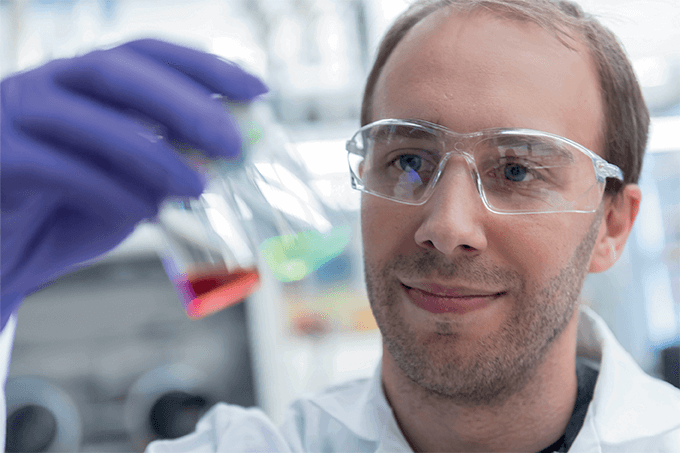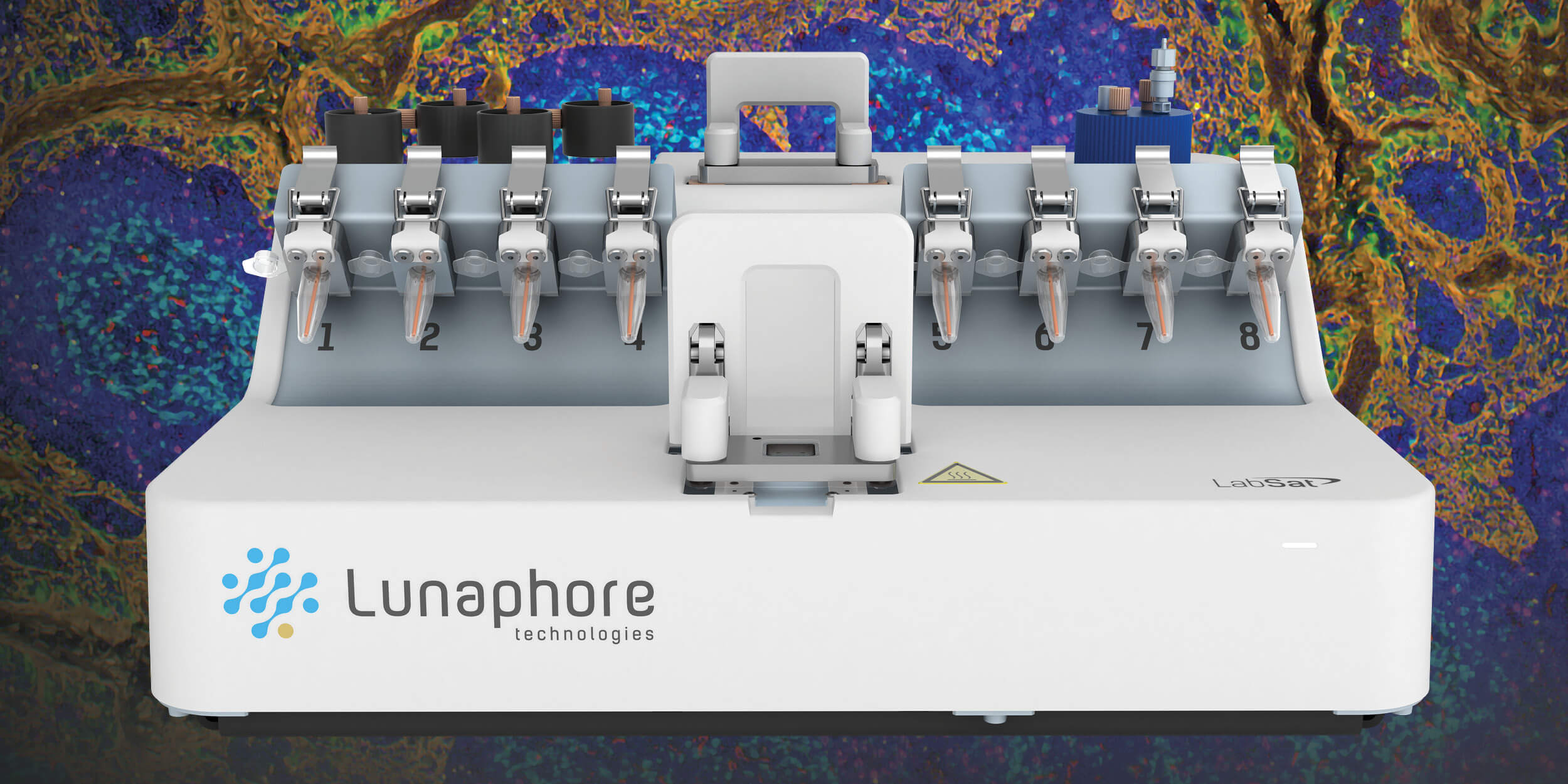Wait and iPSC
Induced pluripotent stem cell technology could help predict cardiotoxicity
When prescribing a drug with potentially serious side effects, safety is every doctor’s primary concern. But for some of the target organs of greatest concern, the impact of a drug can only be measured indirectly.
What if you could assess the effect of the drug directly on the patient’s own cells? Joseph C. Wu, Professor and Director of Stanford Cardiovascular Institute at Stanford University School of Medicine, and his lab are developing a procedure that uses induced pluripotent stem cell (iPSC)-derived cardiomyocytes as a proxy to predict whether a drug is likely to cause damage to a patient’s heart (1). The researchers differentiated patient iPSCs into cardiomyocytes, and looked at gene expression profiles within and between patients. They also exposed the cells to two drugs with known cardiotoxicity, and found that cells from different patients showed marked differences in expression of certain genes in response to the drugs. One patient’s cells in particular responded very poorly to diabetes drug rosiglitazone – known to cause cardiotoxicity in some patients.
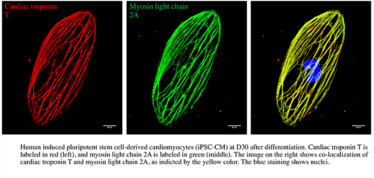
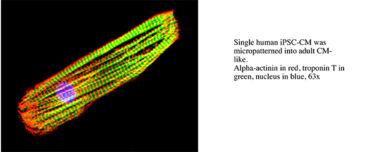
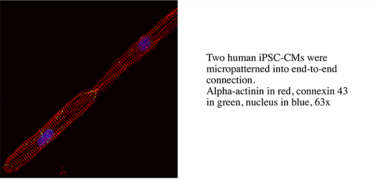
The researchers are now embarking on pre-clinical trials to test whether iPSCs really can be used to predict cardiotoxicity on an individual basis. “If this novel approach is confirmed and validated, we may be able to help improve the treatment for some of our patients using their own heart cells as diagnostic and prognostic biomarkers in the future,” says Wu.
A decade ago, when Shinya Yamanaka first reported his Novel-prize winning discovery, some scientists were unconvinced by the potential applications of iPSCs. “As with any new technology, I think initially there is always a bit of skepticism, but over time both academia and industry have come to embrace this approach. In the years to come, I think we’ll be in a golden age of iPSC technology for drug discovery,” says Wu.
- E Matsa et al., “Transcriptome profiling of patient-specific human iPSC-cardiomyocytes predicts individual drug safety and efficacy responses in vitro”, Cell Stem Cell 2016;19:311-325. PMID: 27545504.
My fascination with science, gaming, and writing led to my studying biology at university, while simultaneously working as an online games journalist. After university, I travelled across Europe, working on a novel and developing a game, before finding my way to Texere. As Associate Editor, I’m evolving my loves of science and writing, while continuing to pursue my passion for gaming and creative writing in a personal capacity.







